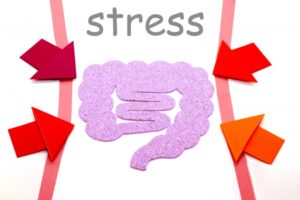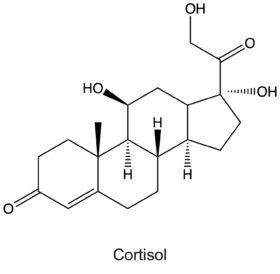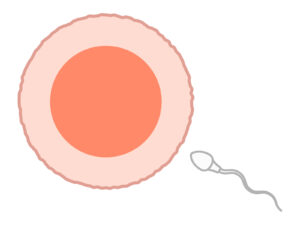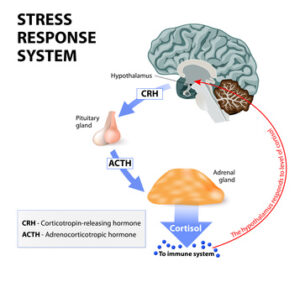8 Research Highlights on HPA Axis & Hormone Balance
Male infertility isn’t caused by a single factor. While genetics and lifestyle certainly play a role, recent research increasingly points to one critical issue: chronic stress.
When stress becomes long-lasting, the HPA axis (hypothalamus-pituitary-adrenal axis) becomes overactive, leading to excessive cortisol production. This in turn disrupts the delicate hormonal balance needed for sperm health and testosterone production.
Below are eight evidence-based studies that explore how stress, hormones, and male fertility are interconnected—offering insight into why integrative care is essential.

- Psychological Stress and Male Hormones (2024)
International Journal of Molecular Sciences
This review explains how psychological stress activates the HPA axis and suppresses the HPG axis, reducing testosterone. It also interferes with the release of key reproductive hormones like GnRH and LH, resulting in lower sperm count, motility, and increased abnormalities.

- Cortisol and Sperm Quality: A Meta-Analysis (2021)
Journal of Psychosomatic Obstetrics & Gynecology
Men with elevated cortisol in blood or semen had significantly lower sperm concentration, motility, and total count. The findings confirm that cortisol is a reliable risk marker for impaired fertility.
- PTSD and Low Testosterone (2021)
Psychoneuroendocrinology
Men diagnosed with PTSD showed significantly lower testosterone levels than healthy controls. The study highlights how chronic psychological trauma disrupts hormone balance through HPA dysfunction.
- Cortisol Rhythm in Japanese Men (2023)
Dokkyo Medical University / Scientific Reports
Male infertility patients with high psychological stress showed abnormal day–night saliva cortisol rhythms, indicating disrupted HPA axis function. Hormonal rhythm disturbance may directly impair reproductive function.

- DHEA Supplementation Improves Hormones (2022)
Andrologia
In men with oligospermia, DHEA supplementation improved testosterone-to-cortisol ratio and increased sperm concentration. As a key adrenal hormone, DHEA appears to help restore HPA balance and support fertility.
- Mindfulness Training Improves Sperm Quality (2022)
Mindfulness
An 8-week mindfulness program reduced stress and anxiety while improving sperm motility. This clinical study supports the role of psychological therapy in reproductive health.

- Job Burnout and Testosterone Decline (2023)
The Journal of Clinical Endocrinology & Metabolism
Men diagnosed with burnout syndrome had significantly lower testosterone levels, highlighting the impact of chronic occupational stress on adrenal and reproductive function.
- Cortisol-Induced Testicular Damage (2021)
Journal of Cellular and Molecular Medicine
Animal studies showed that excess cortisol damages protective testicular barriers and impairs spermatogenesis at the cellular level, confirming cortisol’s deep biological impact.

Conclusion
Stress may be invisible, but its impact on male fertility is well documented. Elevated cortisol, suppressed testosterone, and depleted DHEA all reflect an overwhelmed HPA axis—a common pattern in men experiencing infertility.
Left unchecked, these hormonal imbalances can affect not only fertility, but also long-term health. That’s why testing for hormones, managing stress, and supporting gut and adrenal health are key components of a holistic approach.
At Physic Ebisu, we integrate hormonal testing, functional nutrition, and gentle Hands Care Therapy to help restore balance from within. If you’re facing fertility challenges, it’s time to support not just your reproductive system—but your entire body.

Your Complete Guide to “Maternity Hands Care” – A Prenatal Therapy in Tokyo
-
- Male Fertility & Stress Support
– Sperm quality, stress-induced imbalances, nervous system care
- Male Fertility & Stress Support
21. Struggling with Male Infertility?
22. How Stress Affects Male Fertility – Latest Research
23. Natural Therapies to Support Male Fertility








